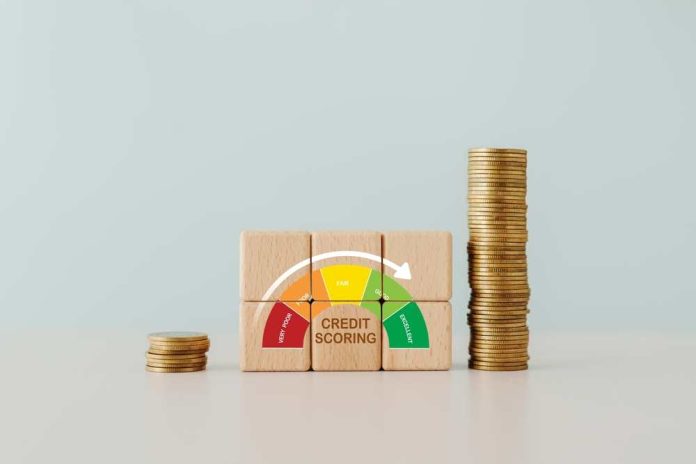(FinancialUplift.org) Credit affects nearly every part of your financial life. Without it, you’ll struggle to get approved for loans, apartments, or even certain jobs. The good news is that everyone starts somewhere. With the right steps, you can build credit from scratch and set yourself up for long-term financial health.
Understand How Credit Works
Your credit score is a three-digit number that shows how reliable you are at managing debt. Lenders use it to decide if they’ll approve you for credit and what interest rate to charge.
Scores are based on:
-
Payment history (paying bills on time)
-
Credit utilization (how much of your available credit you use)
-
Length of credit history (how long you’ve had accounts open)
-
Types of credit (mix of credit cards, loans, etc.)
-
New credit inquiries (applications for new accounts)
When you’re starting with no credit, lenders don’t have any history to judge. That’s why you need to create one.
Start With a Secured Credit Card
Secured credit cards are one of the easiest ways to build credit from scratch. You make a cash deposit—usually $200 to $500—which becomes your credit limit. You then use the card just like any other credit card.
As you make payments on time, the card issuer reports your activity to the credit bureaus. This builds your credit history. After consistent use, you can move up to a regular unsecured card.
Tip: Keep your balance low. Use less than 30% of your limit. If your secured card has a $300 limit, try not to spend more than $90 before paying it down.
Become an Authorized User
Another way to establish credit is by becoming an authorized user on someone else’s credit card. When a trusted friend or family member adds you to their account, their payment history appears on your credit report.
This only works if the primary cardholder manages the card responsibly. Late payments or high balances hurt both of you. Pick someone reliable and use this strategy as a boost, not your main method.
Apply for a Credit Builder Loan
Some banks and credit unions offer credit builder loans designed for people with no credit history. Instead of giving you money upfront, the bank places the loan amount in a locked savings account. You make monthly payments, and once the loan is paid off, you get access to the money.
During the process, your on-time payments are reported to the credit bureaus. This builds your payment history while also helping you save.
Report Nontraditional Payments
Not all bills automatically show up on your credit report. But you can use services that report rent, utility, and phone payments to the bureaus. If you’ve been paying these bills on time, they become part of your record.
This strategy works best alongside a credit card or loan since traditional credit carries more weight in scoring models. Still, every positive mark helps.
Pay On Time, Every Time
Payment history makes up the largest portion of your credit score. Even one missed payment can damage your progress.
Set reminders, enable autopay, or schedule payments as soon as you get paid. Consistency builds trust with lenders and pushes your score higher.
Limit Applications
When you’re building credit, it’s tempting to apply for multiple accounts at once. Don’t. Each application creates a hard inquiry on your credit report. Too many inquiries make you look risky.
Apply strategically. Start with one secured card or credit builder loan, then expand slowly once you’ve proven you can handle it.
Check Your Credit Regularly
You’re entitled to a free credit report from each bureau once a year at AnnualCreditReport.com. Many banks and credit card companies also provide free score updates.
Review your report for errors. If you find something wrong, dispute it immediately. Mistakes can drag down your score unfairly.
Be Patient and Stay Consistent
Building credit doesn’t happen overnight. Expect it to take at least six months of responsible use before you see a score, and longer to reach strong credit levels.
Focus on steady progress:
-
Keep balances low.
-
Pay on time.
-
Add new accounts only when necessary.
Over time, your positive habits compound into a solid credit history.
The Fact
Building credit from scratch takes patience, but the process is straightforward. Start with secured cards, credit builder loans, or by becoming an authorized user. Pay bills on time, keep balances low, and limit new applications. Check your credit regularly to track progress and correct errors.
Strong credit opens doors—lower interest rates, better loan approvals, and more financial freedom. The earlier you start, the sooner you’ll enjoy those benefits.






